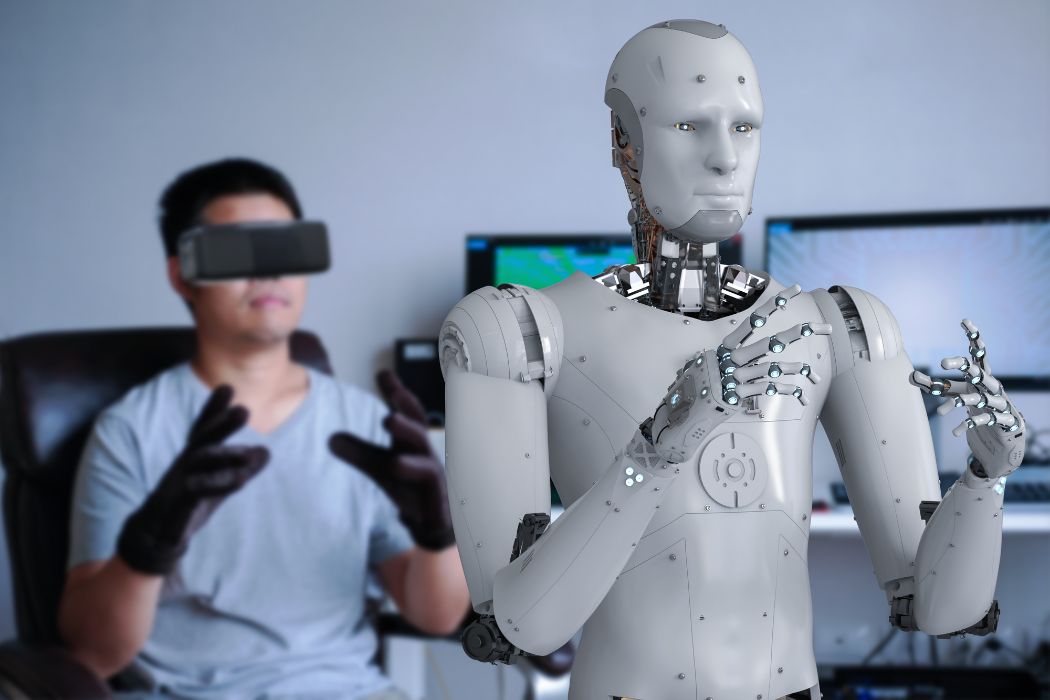Robotics has come a long way since its inception and is now a fundamental part of our daily lives. The impact of robotics on society has been immense and it is transforming the way we live, work, and interact with one another. In this article, we will explore the opportunities and challenges that come with the rise of robotics.
The Opportunities
One of the biggest opportunities that robotics offers is increased efficiency and productivity. Robots can work tirelessly and quickly, and they do not need breaks or time off. This means that businesses can produce more goods and services in a shorter amount of time, which can help to increase profits and competitiveness. Furthermore, robots can perform tasks that are too dangerous or difficult for humans to do, such as exploring deep space or handling hazardous materials.
Another opportunity that robotics provides is the creation of new jobs. The rise of robotics has led to the development of new industries and the demand for workers with specialized skills in robotics and automation. This means that people with the right skills and training can find lucrative careers in this field.
Finally, robotics offers the possibility of improving quality of life for people. For example, robots can be used in healthcare to assist with diagnosing and treating patients, helping people to live longer and healthier lives. Robots can also be used in education to provide personalized learning experiences for students and help to improve literacy rates.

The Challenges
Despite the many opportunities that robotics presents, there are also challenges that come with its rise. One of the biggest challenges is the potential for job loss. As robots become increasingly capable of performing tasks that were once done by humans, there is a risk that people will lose their jobs to machines. This is a particularly pressing issue in industries that are already struggling with unemployment, such as manufacturing and service industries.
Another challenge is the potential for ethical and social issues. For example, there are questions about how robots should be used in military operations and whether they should be used to make life or death decisions. There are also concerns about privacy and security, as robots collect and store large amounts of personal data.
Finally, there is the issue of inequality. The rise of robotics could lead to a widening income gap between those who have the skills and resources to benefit from the technology and those who do not. This could exacerbate existing social and economic inequalities, leading to further division and unrest.
Conclusion
In conclusion, the impact of robotics on society is both profound and complex. Robotics offers many opportunities, such as increased efficiency, productivity, and the creation of new jobs. However, there are also challenges, such as job loss, ethical and social issues, and inequality. As robotics continues to evolve and become more widespread, it is important that we carefully consider these opportunities and challenges to ensure that the technology is used in a way that benefits society as a whole.
